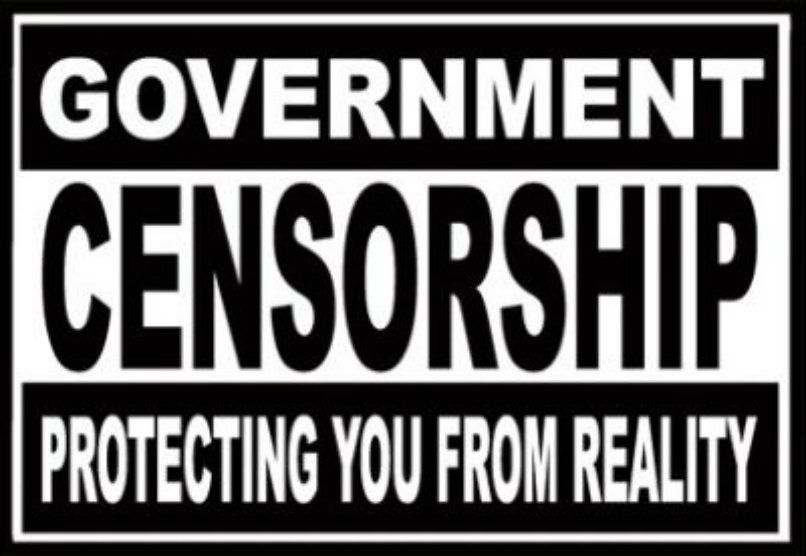It’s not enough that they blurred Puteri Indonesia 2016 contestants while they were wearing the traditional Indonesian kebaya, or that they censored family-friendly cartoons and even got some pulled off the air. No, the KPI (Indonesian Broadcasting Commission) is not yet done trying to protect you from reality.
Today, KPI Chairman Judhariksawan signed and put into effect a regulation prohibiting Indonesian TV programs from depicting transvestites or “effeminate” men.
KPI’s prohibition specifically falls into seven categories, as picked up by Detik:
1. Men wearing feminine fashion
2. Men wearing feminine make up
3. Feminine body language exhibited by men, including, but not limited to, walking style, sitting style, hand gestures and other behaviors
4. Men speaking in a feminine way
5. Depicting justifications or promoting that men can behave effeminately
6. Depicting a man greeting another man in ways that are supposed to be for women
7. Depicting terminologies and colloquial terms that are often used by effeminate males.
KPI then warned of unspecified sanctions for TV stations that violate this regulation.
But we have a clear idea what that sanction might be, since a prohibition like this has actually existed in one form or another for several years. Back in 2012, famed transvestite actor Tessy Srimulat was forced to give up his act (and main source of income) after being deemed to have violated what the KPI deemed to be socially and culturally acceptable for broadcast.
It’s probably safe to assume then that the KPI renewed this prohibition in light of the current moral panic gripping Indonesia, a panic they have contributed largely to, as the country is currently struggling in coming to terms with social issues like LGBT rights and sexuality.
Some might argue that this prohibition should actually be welcomed, since anyone who’s watched Indonesian TV has probably seen that transsexuals and effeminate men are often depicted negatively as the butt of asinine jokes. However, it could also effectively shut the door on any positive depiction of marginalized groups and could be yet another slippery step towards even more oppressive government censorship.





Reader Interactions